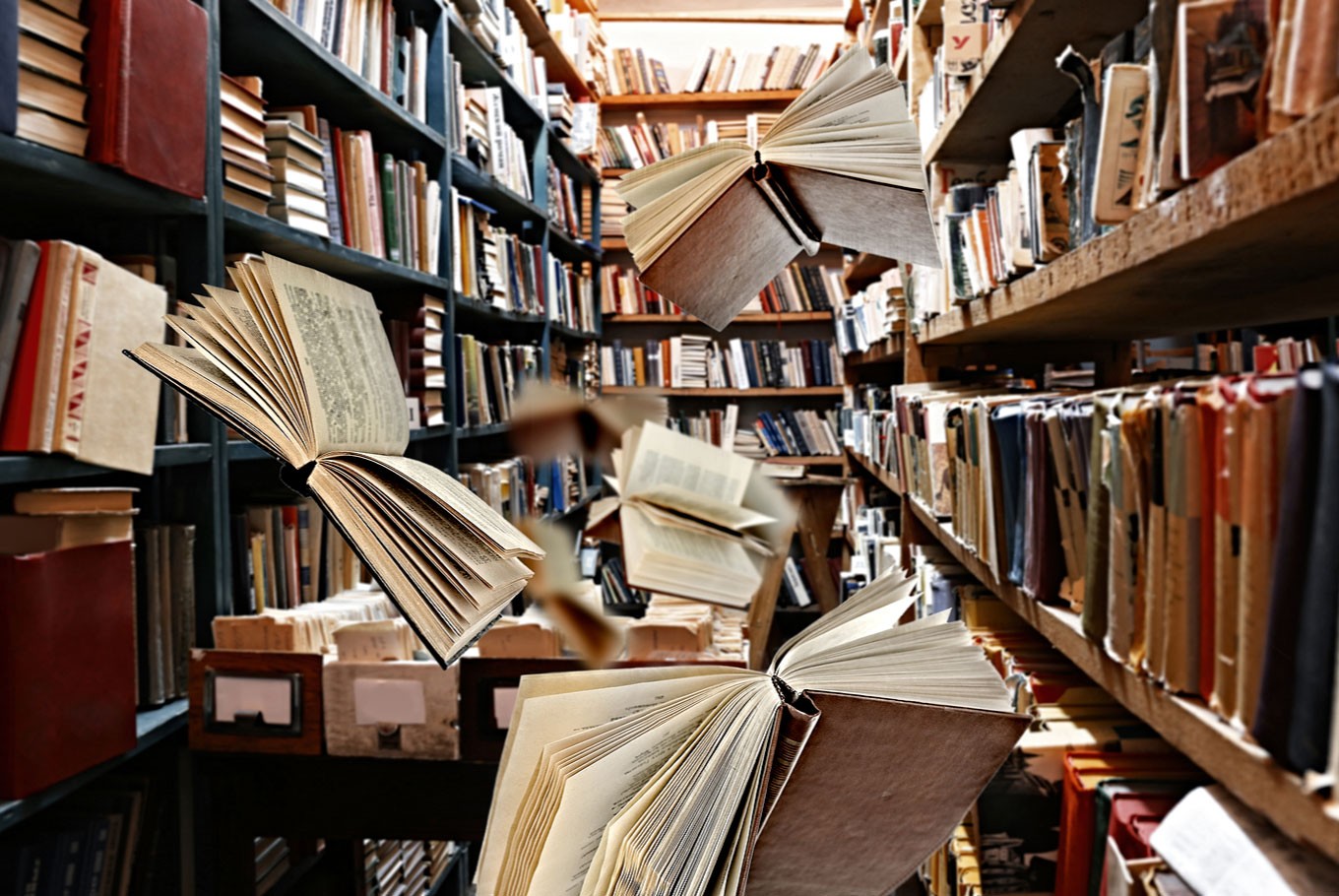Popular Reads
Top Results
Can't find what you're looking for?
View all search resultsPopular Reads
Top Results
Can't find what you're looking for?
View all search resultsEssay: Literature brainstorms, not brainwashes
Reading literature encourages students to be more prudent. Each time a person read a literary piece, they would find moral and aesthetic aspects.
Change text size
Gift Premium Articles
to Anyone
T
eaching English in Indonesia, particularly for students, remains a great challenge owing to the fact that English is a foreign language in this country.
The challenge could be tackled through teaching literature. Central to teaching literature in the classroom is letting students get involved in the experience and making them observe life more closely.
Reading literature encourages students to be more prudent. Each time a person read a literary piece, they would find moral and aesthetic aspects.
Despite their distinct emphasis on the aspects, writers strive to balance their moral messages so as to cause no judgmental effect on the readers and control their aesthetic features so that their pieces are not void of strong messages.
Efforts to convey moral messages, for instance, are applicable through readers’ exposure to the intrinsic elements of novels or short stories. Understanding plot — cause and effect-based series of events — persuade readers to be patient.
Read also: Why 'pop culture' is no less valuable than classic literature
Good readers attempt to capture the idea and narrative structure of the story through their understanding of the plot. They will never deduce the story while they are yet to arrive at its climax. Their perseverance in following the plot sequentially keeps them from jumping to conclusions.
Enjoying literature is pretty much the same as going through life. One often suspects that a concubine is cursed following her ongoing extramarital sexual relationship with lots of men. Through YB Mangunwijaya’s novel, Burung-Burung Manyar, published in 1981, one learns that being a concubine is not so much about cohabiting with men to whom she is not married. Rather it has to do with imperial complexity and a matter of survival. It pushes students to be reflective rather than judgmental.
The conflict that takes place in Mangunwijaya’s novel forbids many from pointing the finger at female intricacy on the one side and pushes a sense of compromise among students on the other. This nation is always in dire need of compromise and accommodation.
Examining Umar Kayam’s Para Priyayi (The Javanese Elite), students will become enlightened by the way pluralism is placed on a pedestal in the Indonesian context. In his work, Kayam wrote about the aristocratic values that were not identical to feudalism. Aristocracy is described as a patron of humanity. A person can become a legitimate aristocrat if he or she has a social awareness and not because of a feudalist system. This novel revolutionized the students’ mindset on aristocracy.
Respecting pluralism brings students to the point where they place in high esteem the sense of truth relativism. For writers, literary pieces produce indicate voices of multiple truths inasmuch as they deem truth as a personal thing. A truth for Hamka, for example, is not necessarily compatible with what is considered a truth for YB Mangunwijaya. While the former believes that truth is buttressed by religious tenets, the latter ascribes it to the dictates of conscience.
Read also: Books to add to your Independence Day reading list
Teaching and reading literature are instrumental in making history more vivid owing to the writers’ creativity and imagination. The two tools serve to energize the storyline which in turn result in more dramatic messages to the readers.
Take Ronggeng Dukuh Paruk, written by Ahmad Tohari as an example. While Soeharto’s New Order regime applied strict measures to political detainees alleged to be members of the now-defunct Indonesian Communist Party (PKI), Ronggeng Dukuh Paruk managed to raise students’ awareness about the suffering of ordinary civilians in the aftermath of Indonesia’s political turmoil in the 1960s.
The political approach taken by the government with regard to PKI members in its attempt to preserve the country’s symbol, Pancasila, has created historical revenge schemes and a hostile environment as it does away with humanitarian values. In contrast, through its fictional characters, Ronggeng Dukuh Paruk inspires students to have a more balanced view on those who were suspected of being PKI members.
It stands to reason that a literary work is capable of rendering students more dynamic due to its cathartic effect on the readers. Those whose minds are reeling and whose hearts are touched after reading novels, short stories or poems are ready to change and accept a new truth rather than those who have been indoctrinated politically. Literature, therefore, brainstorms instead of brainwashes readers.
***
The writer, a lecturer at Andalas University, is a doctoral student at Deakin University, Australia.











